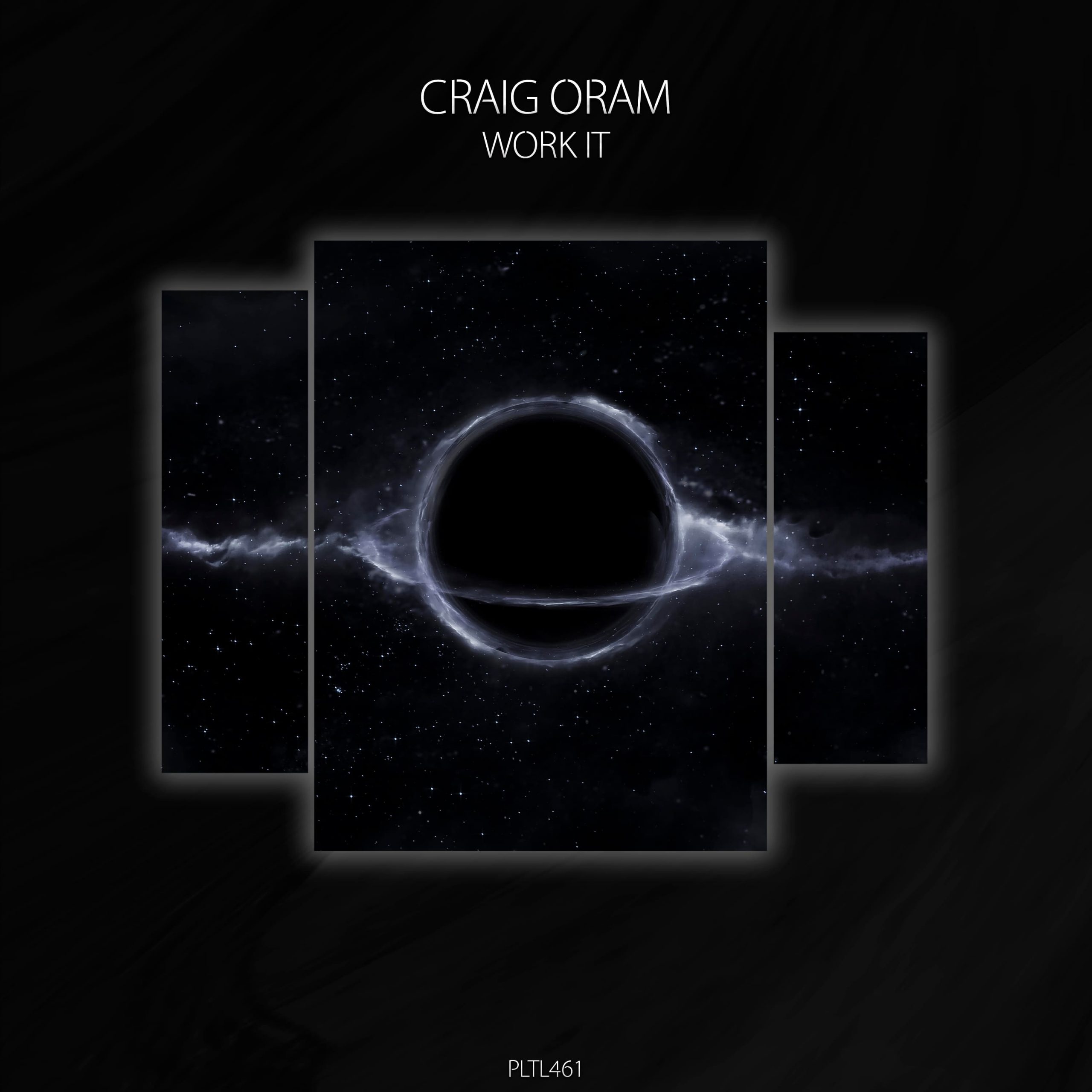New Interstellar Initiative Reportedly Brings Permanent Archive of Music to the Moon

Electronic dance music producer Brayden Pierce has joined an effort that carries the implication of bringing the genre all the way to the cosmos.
Taking to X, Pierce has claimed that he's one of just 222 creators to have contributed to the Lunaprise Museum with his track, "Capture the Moon." The mission, which includes delivery of the artists' work to the moon's surface, is said to celebrate NASA's return for the first time in over 50 years.
According to Beverly Hills-based production house Space Blue, the Lunaprise Museum exists as a permanent archive on the moon that is set to resonate for eternity. The "museum" is not a physical space, but rather data embedded in nickel disks carrying a vast array of human achievements and expressions, from music to literature, languages and even the intriguing magic secrets of David Copperfield.
Capture the Moon (https://t.co/0Y2iRS8Kq4 Mix) officially makes history as the first electronic dance song on the (actual) moon. On 2/22/24, Brayden Pierce became 1 of 222 artists to make history as selected artworks land on the moon by way of SpaceX Falcon 9, and celebrating… pic.twitter.com/cloqD0mabR
— Brayden Pierce (@braydenpierce) February 23, 2024
Artists and creators submitted their works to become part of the Lunaprise Museum through a process facilitated by Space Blue. The organization invited artists to send images or data representing their work, which were then intricately inscribed onto the disks at a microscopic scale, a method ensuring durability and longevity even in the harsh lunar environment, per Artnet.
The process allowed for an incredible amount of data and art to be stored compactly. The disks are capable of holding 77,000 so-called "Lunagrams," the term coined for the microscopic deliverables.
In terms of the disk's capacity to preserve data, Pierce has no hesitations. "This little disk lasts a billion years," he told Artnet. "The pyramids have only been around for a few thousand years."
View the original article to see embedded media.


























